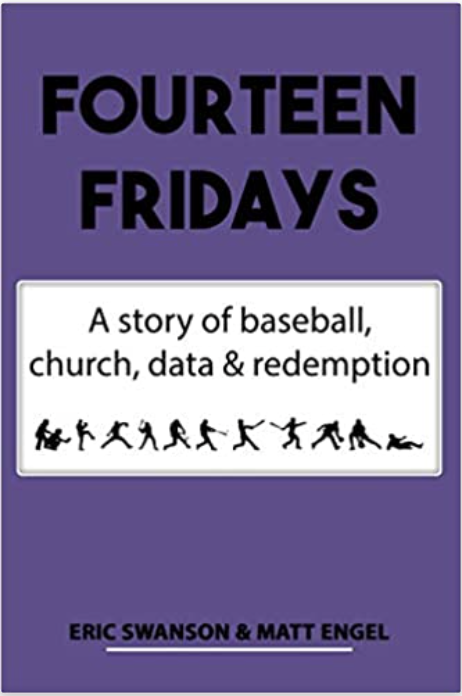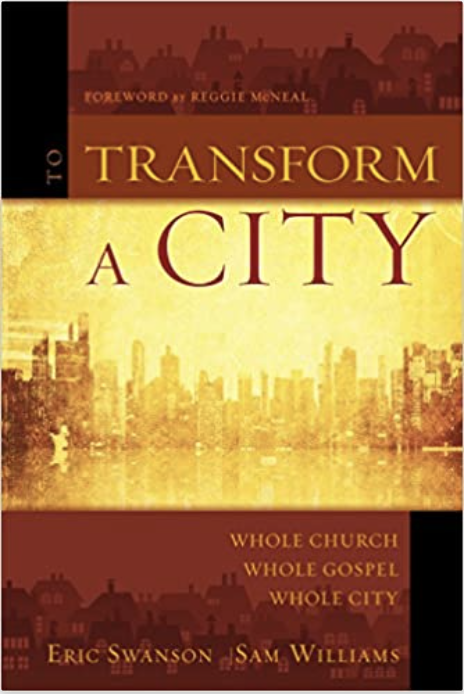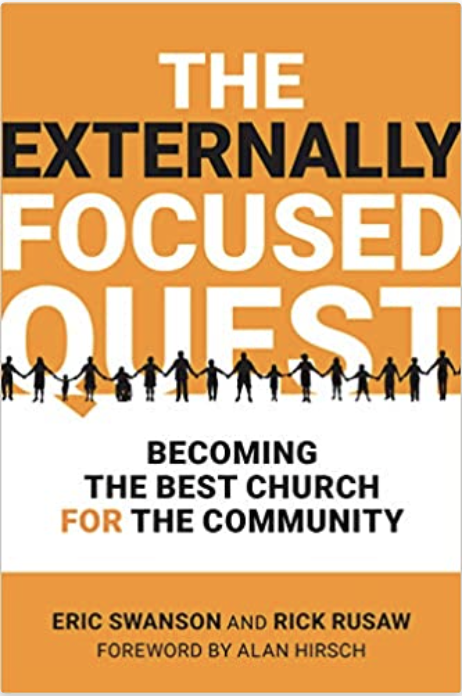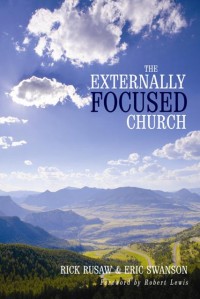Rice Paddies and Harold Wong
 “Cultural legacies matter” (p. 231, Gladwell 2008) Gladwell has a very interesting explanation as to why Asian, rice-eating cultures excel in nearly any given field (no pun intended). Rice cultivation, by its very nature, requires persistence, diligence and nearly year-round attention. Rice farmers, working their own little rice paddies, had to work 3,000 hour a year just to break even. By contrast peasant farmers of Europe would seasonally work hard but during the winters would pretty much hibernate—putting in perhaps 1,500 hours of labor in a typical year. People from cultures in the tropical regions that live off the land spend even less time engaged in work. They live off the land. Now back to rice farmers.
“Cultural legacies matter” (p. 231, Gladwell 2008) Gladwell has a very interesting explanation as to why Asian, rice-eating cultures excel in nearly any given field (no pun intended). Rice cultivation, by its very nature, requires persistence, diligence and nearly year-round attention. Rice farmers, working their own little rice paddies, had to work 3,000 hour a year just to break even. By contrast peasant farmers of Europe would seasonally work hard but during the winters would pretty much hibernate—putting in perhaps 1,500 hours of labor in a typical year. People from cultures in the tropical regions that live off the land spend even less time engaged in work. They live off the land. Now back to rice farmers.
Moreover rice farming was meaningful. First of all, there is a clear relationship in rice farming between effort and reward. The harder you work a rice field, the more it yields. Second, it’s complex work. The rice farmer isn’t simply planting in the spring and harvesting in the fall. He or she effectively runs a small business, juggling a family workforce, hedging uncertainty through seed selection, building and managing a sophisticated irrigation system, and coordinating the complicated process of harvesting the first crop while simultaneously preparing the second crop. And, most of all, it’s autonomous. The peasants of Europe worked essentially as low-paid slaves of an aristocratic landlord, with little control over their own destinies. But China and Japan never developed that kind of oppressive feudal system, because feudalism simply can’t work in a rice economy ( p 236)
Chinese proverbs differ from say Russian proverbs. A Russian peasant proverb says, “If God does not bring it, the earth will not give it” (p.237). A Chinese peasant proverb is quite different—“Don’t depend on heaven for food, but on your won two hands carrying the load,” “If a man works hard the land will not be lazy,” No one who can rise before dawn three hundred sixty days a year fails to make his family rich” (p. 238). Little wonder “Asian students have a reputation for being in the library long after everyone else has left….Working really hard is what successful people do, and the genius of the culture formed in the rice paddies is that hard work gave those in the fields a way to find meaning in the midst of great uncertainty and poverty. That lesson has served Asians well in many endeavors” (pp. 238-239).
My friend Harold Wong just packed up his car and is heading back to his home in Moab after spending the Thanksgiving holiday with us. Harold and I met in 1973 when we were both in Ft Lee, VA going through Army AIT. Harold worked as a toll taker on the Tri-borough Bridge in NYC and was such a good, competent and fast toll taker that he was even written up in the New York Times. I once introduced him to Bill Bright as “the man who reaches out to more people in New York City than any person alive!) Harold’s family is from Southern China—rice paddy territory. Harold may not know it but his cultural legacy is one of diligence, persistence and hard work. Over the years he scrimped and saved (picture a six-week vacation visiting all the national parks that cost under $600—including gas, lodging, food and gifts). Harold’s simple home in Moab has a backyard full of vegetables and a front yard full of flowers. He loves working the land…the good earth. Harold is very, very generous. Harold is also a millionaire. “No one who can rise before dawn three hundred sixty days a year fails to make his family rich.”
What were the family proverbs you grew up with? Better yet and more telling, what were the proverbs that came from your culture? I grew up hearing my dad regularly saying, “The harder you work the luckier you get” “Cinch by the inch…hard by the yard.” My mom would give a gentle reproof by saying, “If you blow out someone else’s candle yours doesn’t burn any brighter.” Cultural legacy matters. No man is an island. No one makes it on his own.









